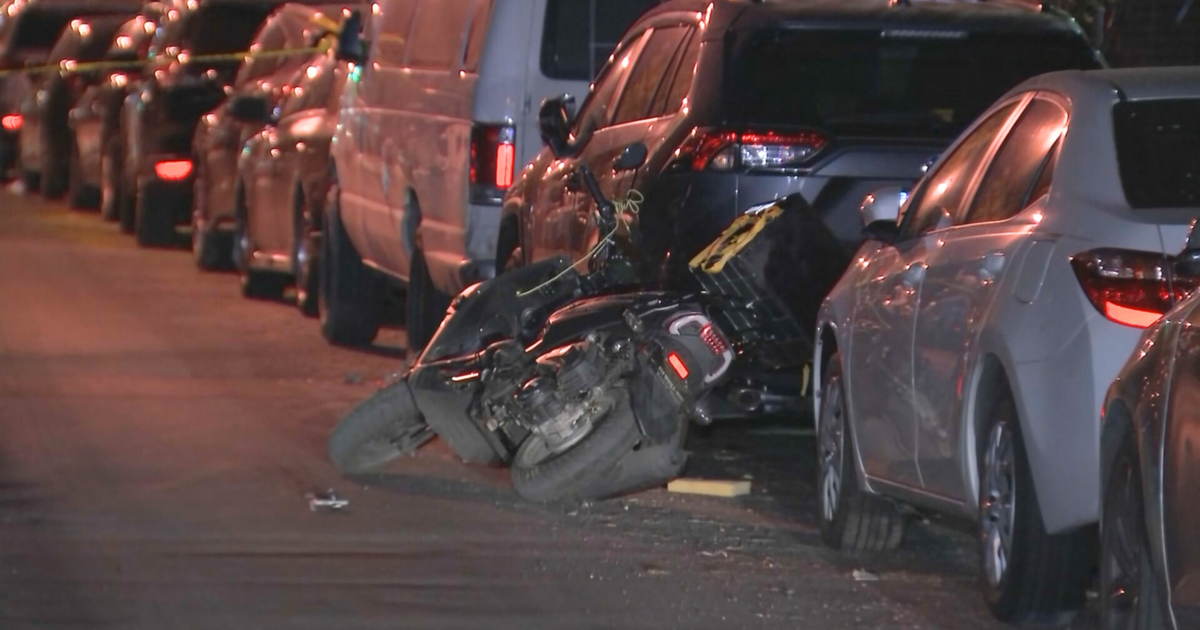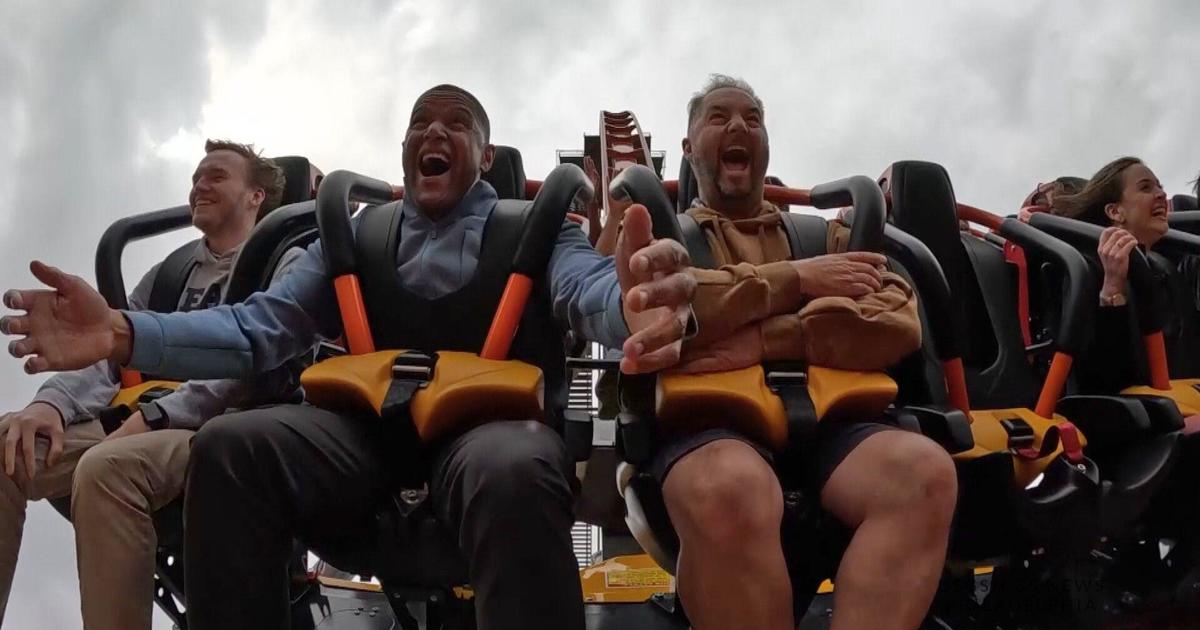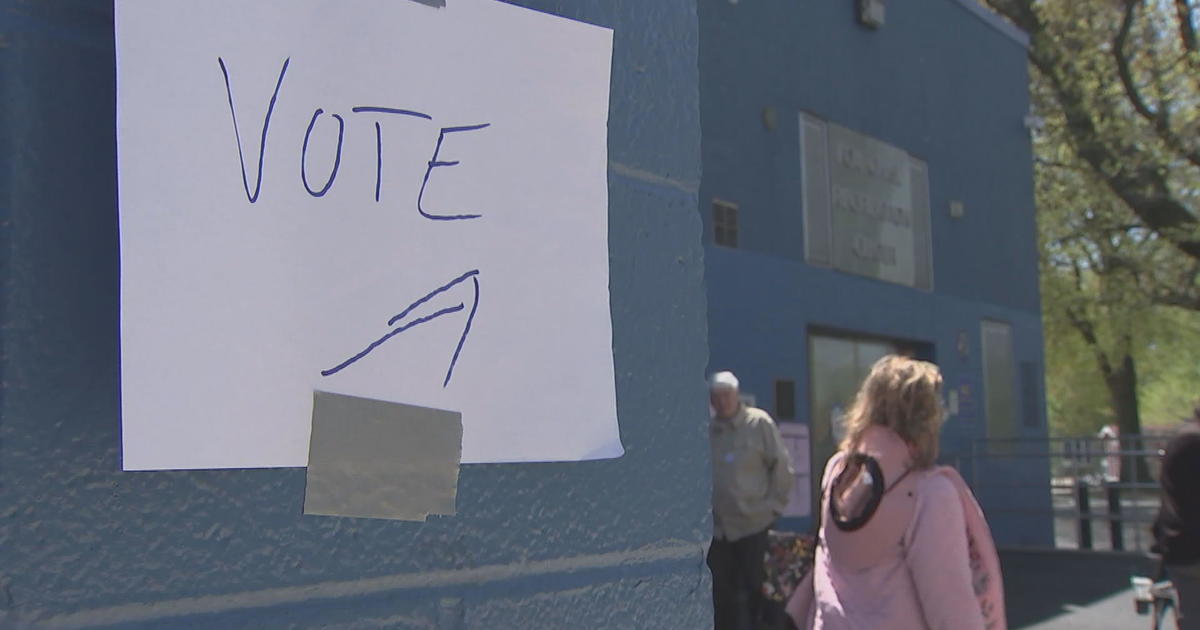Penn State Study Reveals Memory Might Be Even More Selective Than Previously Thought
UNIVERSITY PARK, Pa. (CBS) – If you're like many people, you might read an entire book or sit through a whole television show only to realize you recall basically nothing about it.
That's because according to Penn State scientists, "seeing is not remembering."
Researchers from Penn State say they tested the memories of 100 undergrads by dividing them into groups. Each group was shown four characters on a screen arranged in a square (for example, three numbers and a letter) and then told they would have to recall later which corner the letter was in. Participants found this part of the experiment easy and rarely made mistakes.
After repeating the trial several times, the participants were then asked an "unexpected question" to see if they could recall another piece of information based on the info used to find the letter's location. Four letters were shown on the screen and the subject was asked to identify which had appeared on the previous screen. Only 25% offered the correct answer, which is the same as the percentage that would be expected to have randomly guessed it.
According to the researchers, similar results were obtained when participants were asked to locate odd and even numbers and colors.
Once the unexpected trial was over, participants were given the same question, but since it wasn't a surprise, they did dramatically better, which suggests that expectations play a role in memory.
In other words, memory might be more of a selective experience than previously thought, and people might have to "turn on" their memories to recall even minor details of an experience.
"It seems like memory is sort of like a camcorder," explains Brad Wyble, one of the study's two researchers and an assistant professor of psychology, on the PSU website. "If you don't hit the 'record' button on the camcorder, it's not going to 'remember' what the lens is pointed at. But if you do hit the 'record' button -- in this case, you know what you're going to be asked to remember -- then the information is stored."



